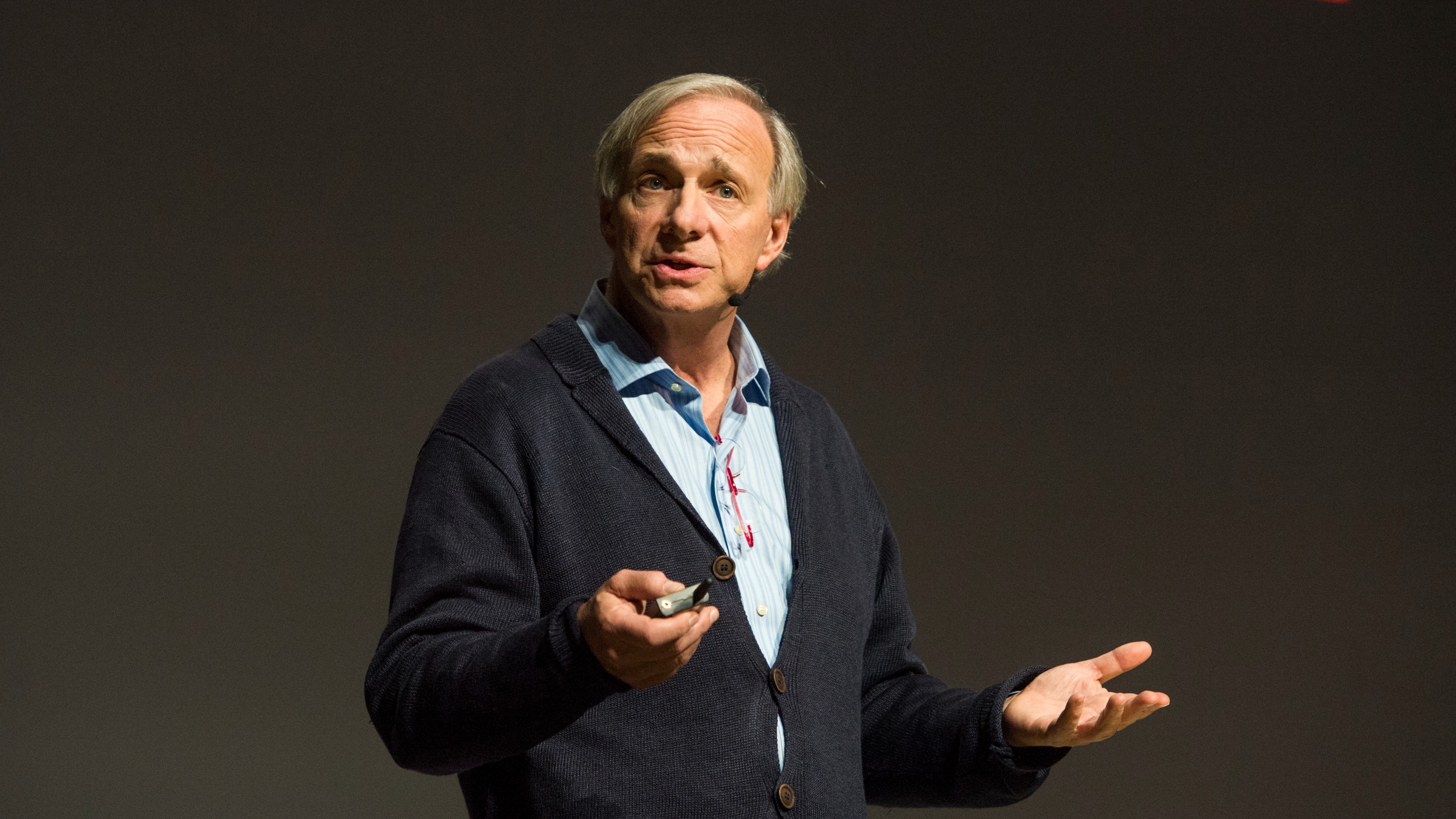Last week, Morningstar ran our annual investment conference, on subjects ranging from Brexit and risk management to the cost of funds and the future of advice. Read on for our coverage of the Morningstar Investment Conference UK in our special report: What the Experts Say.
Emma Wall: Hello, and welcome to Morningstar. I'm Emma Wall and I'm joined today by Chris Rice from Sanditon Asset Management.
Hello, Chris.
Chris Rice: Hello.
Wall: So, you seem to be the bearer of bad news for investors. How bad is it?
Rice: Well, in some respects, actually the corporate cycle is fairly normal. We've had effectively the third longest bull market in American history. So, you would think things were actually quite fine and actually, corporate profits in America are at the previous peak. So, in pure cycle terms, everything is fairly normal. What's different this time around in this particular cycle has been the extraordinary intervention in financial asset markets by our central banks.
So, if you look at the whole swath of financial assets, cash is currently yielding a negative return, because inflation is higher than the deposit rates you can get. 85% of bond markets yield less than the U.S. 10-year which yields 1.7%. The median price to earnings ratio in Europe is 20 times earnings. It's the same in the United States. And property is virtually only affordable for those with enough money to transfer to their children.
So, the vast majority of financial assets are incredibly low-yielding because of the intervention by our central banks. And after seven years of that process we should have been withdrawing it. My bearishness comes more from the fact that asset prices are high in relation to what has been a fairly normal business cycle.
Wall: Of course, what's happened is this intervention has meant that investing 101 has broken down, diversification is not possible. Normally equities – or the rule book says equities do well, bonds do badly; bonds do well, equities do badly. But what you've just told us is there's literally nowhere to run or so it seems because everywhere it's looking toppy.
Rice: Well, there's an element of truth in that and when you get to the end of the sort of very long cycles where yields get incredibly low, the financial history books tell us that in real terms we start to lose money. Now the major example from history we have to look back is the 1970s. Now, of course, in that period they managed to engineer inflation which is one way of solving the fact that the numerator and the denominator are too far away from each other.
So, there are many outcomes that I don't know of and I suspect a lot of other fund managers and investors don't quite know how it's going to play out. What we can observe is there's just really poor value. And on your point of correlation, it's a really important one, because the one correlation that actually has worked up until recently has been equity/bonds.
Within equities, it's been very hard to anti-correlation. Within bonds it's been quite hard to get that diversification benefit. But reliably we've had this situation where typically you've had a pullback in equities, bond yields have fallen and therefore, you've been able to counterbalance the two.
Since the end of U.S. QE that started to break down. You've found typically sometimes both can go down at the same time. So, that's why I said in my presentation I think that in the first line of defense as we go from a slowdown into a recession, I think the first line of defence has to be cash. We do run a long/short portfolio and we have said to our clients for some years now that the likely way of defending yourself in a long/short portfolio, if you can, is to get net short the market and that would be another way of seeking protection.
Wall: So, it's not all doom and gloom. There are ways for investors to at the very least get capital preservation in these uncertain times ahead?
Rice: Yes, I think that's right. Absolutely.
Wall: Chris, thank you very much.
Rice: You're welcome. Thank you.
Wall: This is Emma Wall for Morningstar. Thank you for watching.





























